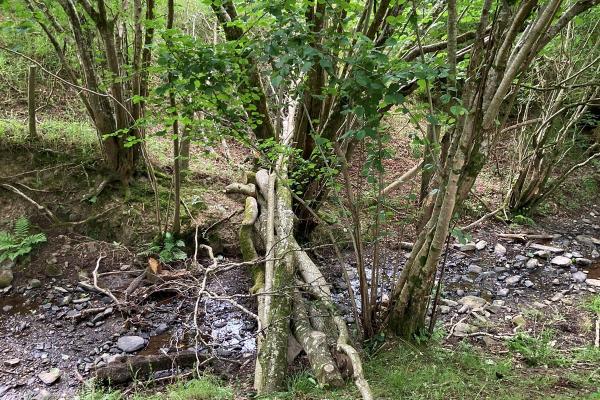Details of a £4.6m programme to reduce flood risk using nature-based solutions have been published today, delivering towards a Programme for Government commitment.
The Welsh Government’s Natural Flood Management Accelerator Programme was confirmed via a joint statement between Climate Change Minister Julie James and Minister for Rural Affairs and North Wales, Lesley Griffiths.
The Ministers say the two-year programme follows a Programme for Government commitment to deliver nature-based flood management solutions across all major river catchments.
The programme will help Risk Management Authorities work together with Welsh farmers, landowners and third sector organisations on nature-based solutions that reduce flood risk.
It will fund 23 projects across eight different Risk Management Authorities. It is expected to reduce flood risk for around 2,000 properties.
Climate Change Minister Julie James said:
“As Wales contends with the growing impacts of climate change and the devastation flooding can inflict, the need to reduce risk to communities now and into the future is more apparent.
“Developing and delivering wider nature-based sustainable solutions to reduce flood risk is critical to protecting and enhancing our environment, homes, and communities.
“Today, we are very pleased to announce the launch of the Natural Flood Management Accelerator Programme.”
“The programme is a 2-year £4.6 million investment which will further expand our commitment to working collaboratively with Welsh farmers, landowners and third sector organisations across Wales.
“This scheme will build upon our learning from previous successful projects and bring together multiple innovative solutions to develop nature-based solutions through our rural catchments.”
Minister for Rural Affairs and North Wales, Lesley Griffiths, added:
“With the support of farmers, foresters, land managers and food businesses we can develop the rural economy and our natural environment in a sustainable way. This will further enhance our knowledge and experience in delivering co-ordinated collaborative projects within known flood prone areas. Through continued delivery and knowledge gained from schemes like this, we are also reducing instances of pollution, reducing surface water runoff and encouraging new methods to adapting to a changing climate.
“We all recognise the need to be more collaborative in our thinking whilst exploring and encouraging new ways of working that will deliver at pace and scale. This investment will allow Risk Management Authorities and local communities to lead on projects and reduce the risk of flooding within their area.”

